Epochē: The suspension of judgment in ancient skepticism
The concept of epoché (ἐποχή), meaning ‘suspension of judgment’, holds a central place in ancient skeptical philosophy. Associated primarily with Pyrrhonian Skepticism, but also influencing other philosophical traditions, epoché is a methodological tool and an ethical practice. It involves refraining from making definitive judgments about the nature of reality or the truth of any proposition. This deliberate withholding of assent leads, according to the skeptics, to mental tranquility (ataraxia). In this post, we take a closer look at this concept.
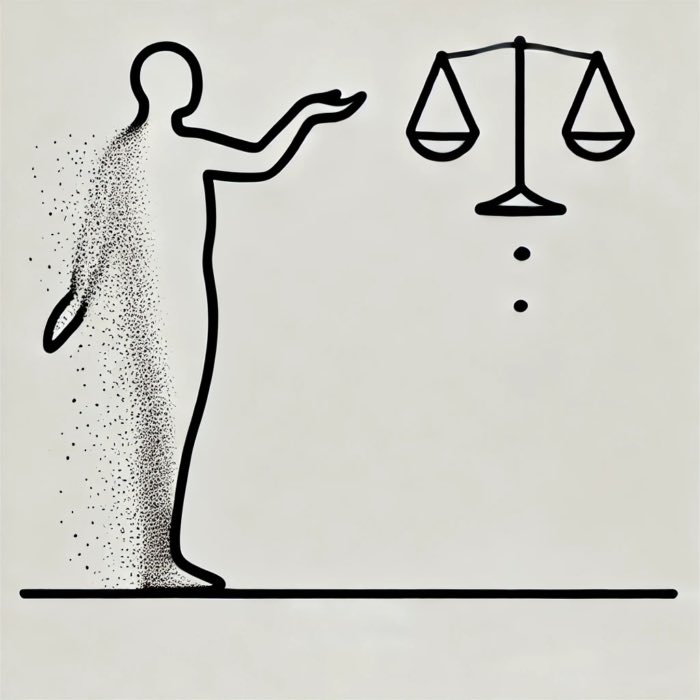
Epochē, interpreted by DALL•E.
Etymology and conceptual foundations
The term epoché is derived from the Greek verb ἐπέχω, meaning “to hold back” or “to pause.” In philosophical contexts, it signifies a state of mental suspension, where judgment is withheld in the face of uncertainty or conflicting evidence. For the skeptics, epoché is both a practical response to the limitations of human knowledge and a means to achieve peace of mind.
Epochē in Pyrrhonian Skepticism
Pyrrhonian Skepticism, as developed by Pyrrho of Elis and later systematized by Sextus Empiricus, places epoché at the core of its philosophical practice. Sextus Empiricus, in his Outlines of Pyrrhonism, describes skepticism as an ongoing investigation into phenomena, one that avoids dogmatic assertions about their underlying reality. When confronted with equally persuasive arguments on opposing sides of an issue, the skeptic suspends judgment, finding no sufficient reason to affirm or deny any claim.
For the Pyrrhonists, epoché leads to ataraxia, a state of tranquility and freedom from disturbance. This tranquility arises from the cessation of the intellectual struggle to resolve unresolvable questions. By acknowledging the limitations of human cognition and avoiding the anxiety of dogmatic certainty, skeptics achieve a form of philosophical serenity.
Epochē in Academic skepticism
The Academic Skeptics, led by figures such as Arcesilaus and Carneades, also employ epoché, though their approach differs from that of the Pyrrhonists. While Pyrrhonian Skeptics suspend judgment universally, Academic Skeptics advocate for probabilistic reasoning as a practical guide in the absence of certainty. For them, epoché is a provisional stance that allows for degrees of plausibility without committing to absolute claims. This adaptation reflects a more pragmatic orientation, particularly in ethical and political decision-making.
Stoic responses to epoché
The Stoics, whose philosophy emphasizes certainty in knowledge, critique epoché as an impediment to rational action. For Stoic thinkers like Chrysippus, the attainment of kataleptic impressions (clear and self-evident perceptions) provides a secure foundation for knowledge, making suspension of judgment unnecessary. However, the Stoics recognize the value of careful deliberation and avoiding hasty conclusions, an attitude that resonates with the skeptical emphasis on intellectual caution.
Philosophical significance
Epochē represents a profound philosophical response to the epistemological challenges posed by conflicting evidence and the limits of human cognition. By suspending judgment, the skeptics highlight the fallibility of human understanding and challenge the dogmatic assumptions of other philosophical schools. This emphasis on intellectual humility has enduring relevance, offering a model for critical thinking that remains valuable in contemporary epistemology and philosophy of science.
The ethical dimension of epoché is equally significant. By refraining from dogmatic beliefs, skeptics alleviate the mental disturbances caused by the fear of error and the anxiety of unresolvable questions. In this sense, epoché is not merely an intellectual stance but a practical strategy for achieving peace of mind.
Historical influence
The influence of epoché extends beyond ancient skepticism. In the early modern period, philosophers such as Michel de Montaigne and René Descartes draw upon skeptical ideas, including epoché, in their critiques of dogmatism and their explorations of the foundations of knowledge. Descartes’ method of doubt, for example, echoes the skeptical practice of suspending judgment as a preliminary step in the search for certainty.
In contemporary philosophy, epoché informs debates about relativism, epistemic humility, and the nature of belief. Its methodological implications resonate with phenomenology, particularly in Edmund Husserl’s use of epoché to bracket out preconceptions and focus on pure consciousness. This reinterpretation underscores the adaptability and enduring relevance of the skeptical tradition.
Conclusion
Epochē reflects the philosophical quest to navigate uncertainty and the limits of human knowledge. By advocating the suspension of judgment, ancient skeptics, in particular the Pyrrhonians, offer a model of intellectual humility and critical inquiry that challenges dogmatic assertions while fostering mental tranquility.
References
- Hellmut Flashar, Klaus Döring, Michael Erler, Die Philosophie der Antike. Bd. 1. Frühgriechische Philosophie, 2013, Schwabe, Aus der Reihe: Grundriss der Geschichte der Philosophie, ISBN: 9783796525988
- Klaus Döring, Michael Erler, Die Philosophie der Antike. Bd. 2/1. Sophistik, Sokrates, Sokratik, Mathematik, Medizin, 1998, Schwabe, Aus der Reihe: Grundriss der Geschichte der Philosophie, ISBN: 9783796510366
- Michael Erler, Die Philosophie der Antike. Bd. 2/2. Platon, 2007, Schwabe, Aus der Reihe: Grundriss der Geschichte der Philosophie, ISBN: 978-3-7965-2237-6
- Hellmut Flashar, Die Philosophie der Antike. Bd. 3. Ältere Akademie, Aristoteles, Peripatos, 2004, Schwabe, Aus der Reihe: Grundriss der Geschichte der Philosophie, ISBN: 978-3-7965-1998-7
- Hellmut Flashar, Michael Erler, Günter Gawlick, Woldemar Görler, Peter Steinmetz, Die Philosophie der Antike. Bd.4. Die hellenistische Philosophie, 1994, Schwabe, Aus der Reihe: Grundriss der Geschichte der Philosophie, ISBN: 9783796509308
- Christoph Riedweg, Christoph Horn, Die Philosophie der Antike. Bd. 5. Die Philosophie der Kaiserzeit und der Spätantike, 2018, Schwabe, Aus der Reihe: Grundriss der Geschichte der Philosophie, ISBN: 9783796526299
- Alexander Brungs, Georgi Kapriev, Vilem Mudroch, Die Philosophie des Mittelalters. Bd. 1. Byzanz. Judentum, 2019, Schwabe Verlagsgruppe, ISBN: 9783796526237
- John Marenbon, Die Philosophie des Mittelalters. Bd. 2. 11. Jahrhundert, 2025, Schwabe Verlag, ISBN: 9783796526251
- Laurent Cesalli, Ruedi Imbach, Alain de Libera, Thomas Ricklin, Die Philosophie des Mittelalters. Bd. 3. 12. Jahrhundert, 2021, Schwabe Verlag, ISBN: 9783796526251
- Alexander Brungs, Vilem Mudroch, Peter Schulthess, Die Philosophie des Mittelalters. Bd. 4. 13. Jahrhundert, 2017, Schwabe, ISBN: 9783796526268
- Klaus Held, Heraklit, Parmenides und der Anfang von Philosophie und Wissenschaft - Eine phänomenologische Besinnung, 1980, de Gruyter, ISBN: 9783110079623
- Burkert, W., Greek religion: Archaic and classical, 2008, Blackwell, ISBN: 978-0631156246
- Lloyd, G. E. R., Early Greek science: Thales to Aristotle, 1974, W. W. Norton & Company, ISBN: 978-0393005837
- Kenny, A., A new history of Western philosophy, 2010, Oxford University Press, ISBN: 978-0199589883
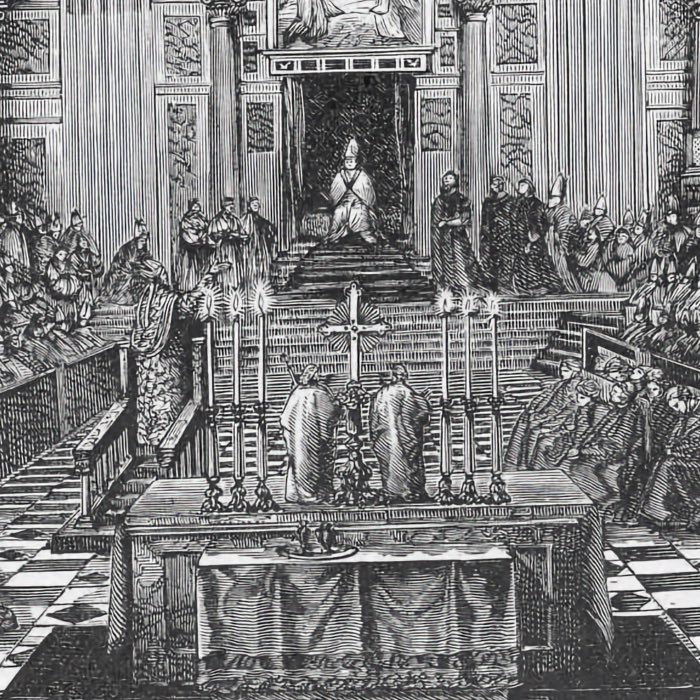


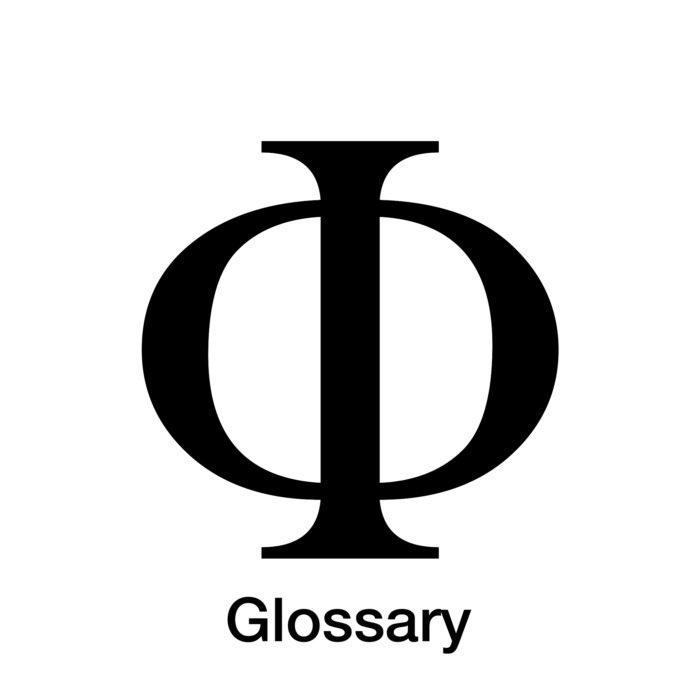

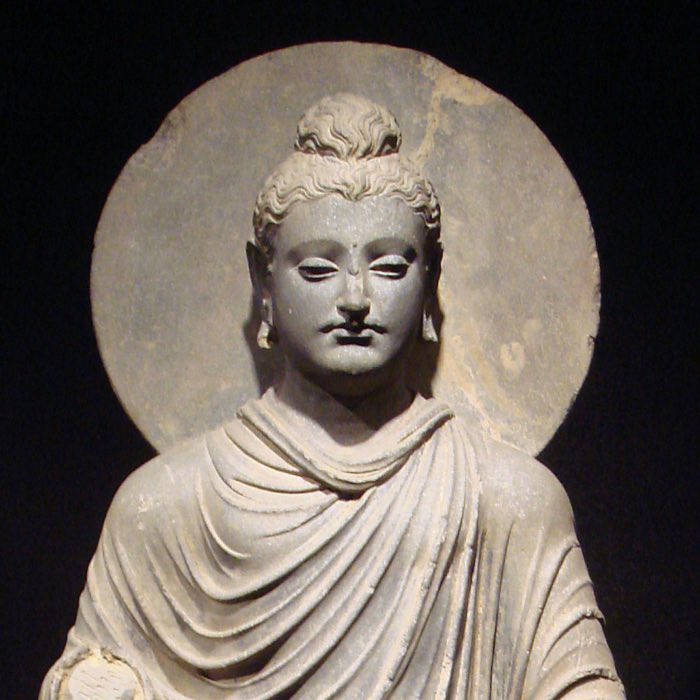
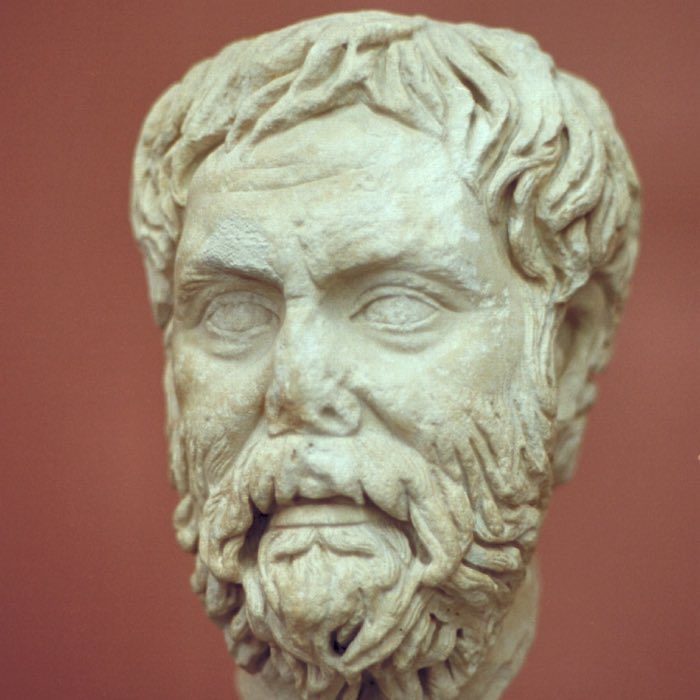
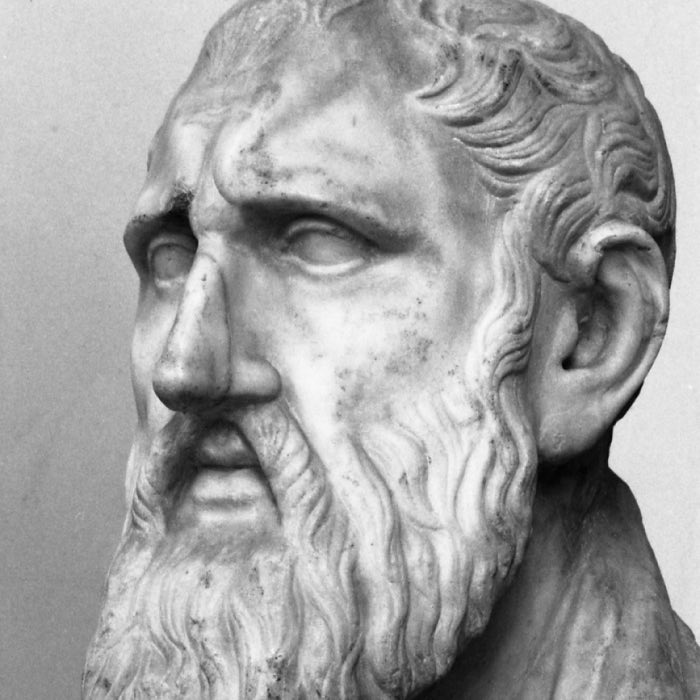
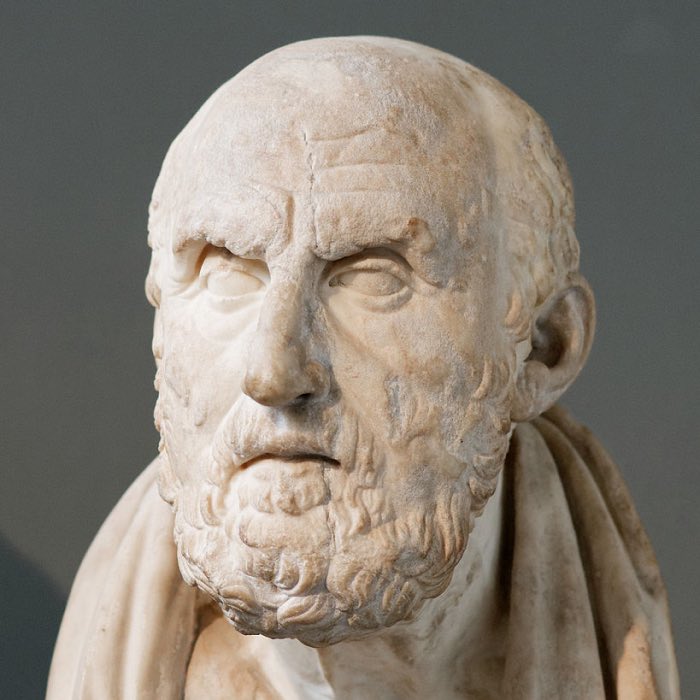
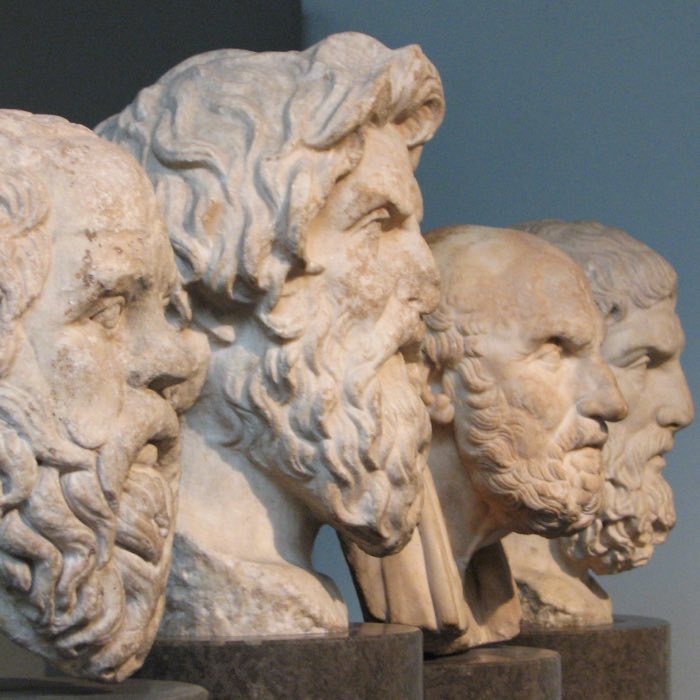








comments